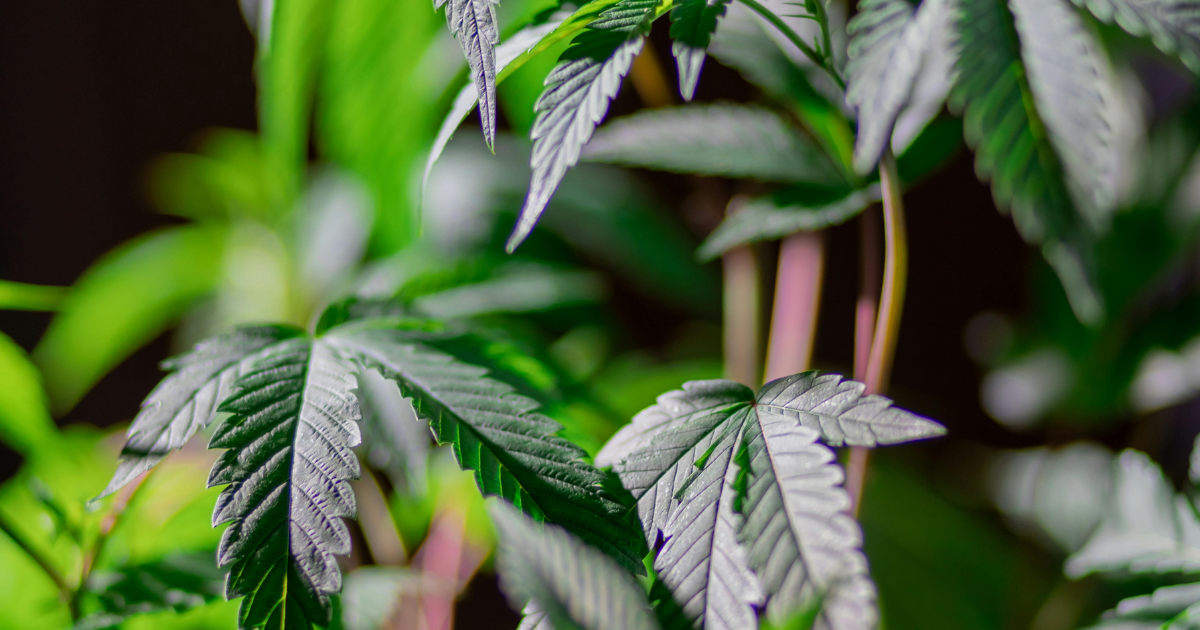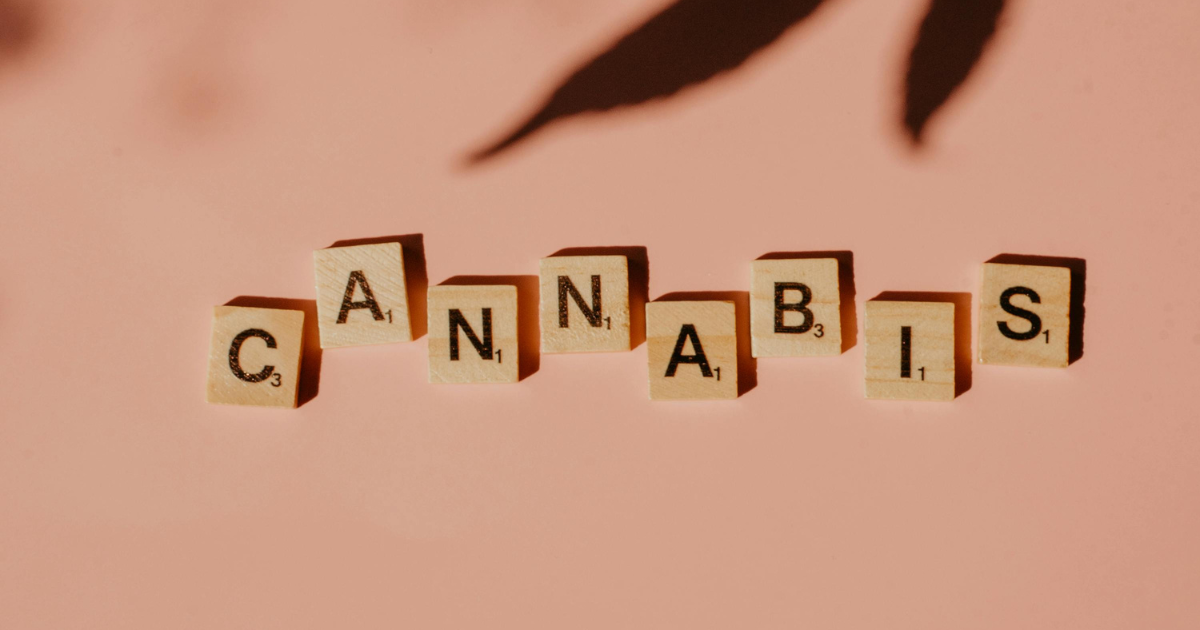Cannabis withdrawal isn’t a myth or an exaggeration. It can be a rough experience for people who’ve been using marijuana regularly, the body and mind can get so used to it that stopping feels like hitting a brick wall.
Now, people love to say weed isn’t addictive. But if you’ve been using it long-term, it can absolutely lead to a kind of dependence that isn’t easy to shake off. So, quitting weed isn’t always a simple “just stop” situation.
If you’re trying to do a proper cannabis detox, it helps to understand what’s happening inside your body and what to expect.
This guide walks through what THC withdrawal looks like, what symptoms might come up, and how to manage them with practical, realistic strategies. Whether you’re quitting yourself or helping someone close to you, this is for you.
What Is Cannabis Withdrawal and Why Does it Occur?
Cannabis withdrawal refers to the symptoms, physical and emotional, that happen when someone who’s been using marijuana a lot suddenly stops or cuts back. Some call it cannabis withdrawal syndrome.
Why does it happen? Basically, your brain’s been getting THC (the main active compound in cannabis) consistently, and over time, it starts relying on that to feel okay. Your sleep, mood, and hunger get tied to the presence of THC. If you stop this supply, your system freaks out.
Touchstone Recovery Center
How THC Affects the Brain and Body over Time
THC acts on the parts of your brain that deal with emotion, memory, coordination, and judgment. It hooks onto cannabinoid receptors and alters how your neurons communicate. At first, it feels relaxing or euphoric. But over time? Your brain reduces its own production of feel-good chemicals because it expects THC to do the job.
And when you stop? You feel jittery, low, and unmotivated. Also, THC sticks to your fat cells. It’s fat-soluble, meaning it stays in your system longer than you’d expect. Even if you’ve quit, it might take weeks to fully clear out.

Long-term cannabis dependence can lead to:
- Less endocannabinoid activity (your natural mood stabilizers)
- Messed-up dopamine, which can zap motivation and joy
- Sleep and appetite disturbances that throw your rhythm out of whack
Common Symptoms of Cannabis Withdrawal
Now, what exactly shows up when you stop using weed? Here’s a quick look:
| Symptom Category | Specific Symptoms |
| Physical Symptoms | Nausea, headaches, shaking, night sweats |
| Psychological Symptoms | Anxiety, crankiness, mood drops, cravings |
| Sleep problems | Vivid dreams, trouble falling asleep, poor rest |
| Appetite changes | Eating less or more, weird food patterns |
Usually, symptoms kick in 24 to 48 hours after you stop, peak in the first 7 days, and ease up over the next few weeks. But emotional symptoms, like mood swings or cravings, can linger longer for some individuals.
Strategies to manage physical symptoms of cannabis withdrawal
The first couple of days can be brutal. If you’ve been using heavily, your body might feel like it’s revolting. You might feel drained, irritated, or even physically sick. But there are ways to help ease the discomfort.
Depending on your situation, it might make sense to talk to a healthcare provider, especially if symptoms don’t let up.
Nutrition and Hydration Tips
It’s important to note that your body is in recovery mode. Fueling it right can help you feel more like yourself.
- Water is your best friend: Drink it all day. Add lemon, herbal tea, or electrolyte mixes if plain water’s boring. You’re flushing out toxins, so hydration is crucial.
- Eat a balanced diet: Go for fresh produce, lean proteins, and healthy fats. Small meals throughout the day are easier to handle if nausea or low appetite hits.
- Boost your brain: Foods with magnesium, B vitamins, and omega-3s (like leafy greens, eggs, salmon, and nuts) support your nervous system.
- Supplements? Maybe: If your nutrition was poor during heavy use, a multivitamin could help, but check with a doctor before adding this step.
Exercise and Sleep Hygiene
Moving your body and improving sleep are two of the simplest but most effective weed withdrawal remedies.
- Keep it gentle: Go for walks, stretch, try low-impact cardio or yoga. You’re not training for a marathon. Just move enough to get your blood flowing and release endorphins.

- Fix your nights: THC impacts REM sleep, so quitting can mean chaotic dreams or insomnia. Create a bedtime routine: same time every night, no screens an hour before bed, relaxing music, or breathing exercises.
Over time, your sleep will level out. Be patient.
Mental Health Techniques to Cope with Withdrawal
The mental toll of THC withdrawal is often underestimated. You might feel edgy, foggy, or like everything’s harder than it used to be. That’s normal.
Here’s what can help:
Cognitive Behavioral Strategies
CBT helps you get in front of negative thought spirals. It teaches you how to spot triggers and redirect those “I can’t do this” thoughts into “I’m doing this one day at a time.”
You can work with a therapist or explore CBT workbooks. It’s not magic, but it builds resilience over time.
Mindfulness and Relaxation Techniques
Mindfulness isn’t about pretending everything’s fine. It’s about acknowledging discomfort without letting it drown you.
- Breathe slowly: Inhale for four counts, hold for four, exhale for four. Repeat.
- Try short meditations: Lots of apps offer free ones. Even five minutes a day helps.
- Use movement: Yoga, tai chi, or even slow stretching can calm your nervous system.
Touchstone Recovery Center
Distraction Techniques
Sometimes cravings hit hard and fast. If you can’t reason your way out of them, you’ll distract your way through.
- Read
- Watch a show
- Journal
- Go outside
- Text a friend
Find what works for you and have a go-to list ready.
More Tools to Get Through Cannabis Withdrawal
A few other things can make a big difference:
- Lean on people: Family, friends, even online forums. Don’t isolate yourself.
- Talk to a doctor: Especially if your marijuana withdrawal symptoms are severe or don’t improve.
- Therapy: A counselor can help you make sense of what led to the dependence and what you want life to look like now.
Recovery and Maintaining a Cannabis-Free Lifestyle at Touch Stone Recovery Center
Getting clean is one thing. Staying clean? Whole different story. If you’re dealing with serious cannabis dependence, professional support might be your best shot at long-term recovery. Trying to detox alone at home might seem doable, but it’s often not enough. Here’s how it compares:
| Aspect | At-Home Detox | Professional Treatment |
| Cost | Low or none | Higher (but insurance may help) |
| Support | Self-directed, not much accountability | 24/7 care, structure, emotional and medical help |
| Safety | Relapse risk, tough symptoms | Monitored environment for serious cases |
| Success Rate | Works for light users | Higher success for chronic or long-term users |
Touch Stone Recovery Center offers real programs for people ready to move past weed. Not just detox, but healing.
We provide:
- Customized cannabis detox plans
- One-on-one and group therapy
- Creative outlets like meditation and art
- Relapse prevention tools that actually work
Our approach is holistic – your brain, your body, your life. And that’s exactly what’s needed. Contact Touch Stone Recovery Center today to cope with cannabis withdrawal symptoms
FAQs
What are the common symptoms of marijuana withdrawal, and how can they be managed during cannabis detox?
Anxiety, cravings, insomnia, irritability. Managing them involves staying hydrated, eating right, moving daily, resting, and reaching out for support.
How does quitting weed impact your body and mind in terms of cannabis dependence and THC withdrawal?
It shakes up dopamine levels, mood regulation, sleep, and focus. But your brain heals. Give it time.
What effective weed withdrawal remedies can support individuals during marijuana addiction recovery?
Hydration, real food, movement, mindfulness, and therapy. These things help your body and mind reconnect without relying on weed.
How long does the process of cannabis cessation typically take and what factors influence the duration?
Most symptoms fade within 2–4 weeks, but it depends on usage, metabolism, and mental health. Everyone’s timeline is unique.
Touchstone Recovery Center
Can cannabis detox be safely achieved at home, or is professional treatment necessary for marijuana withdrawal symptoms?
Some can do it at home. Others can’t. If you’ve tried and relapsed, or if symptoms are too intense, professional care is worth it.







